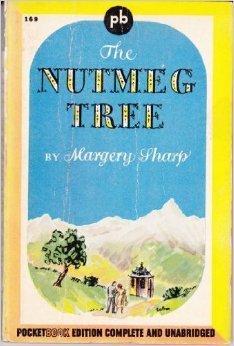What do you think?
Rate this book


320 pages, Paperback
First published January 1, 1937

It was not her nature to deny: if she took lovers more freely than most women it was largely because she could not bear to see men sad when it was so easy to make them happy.